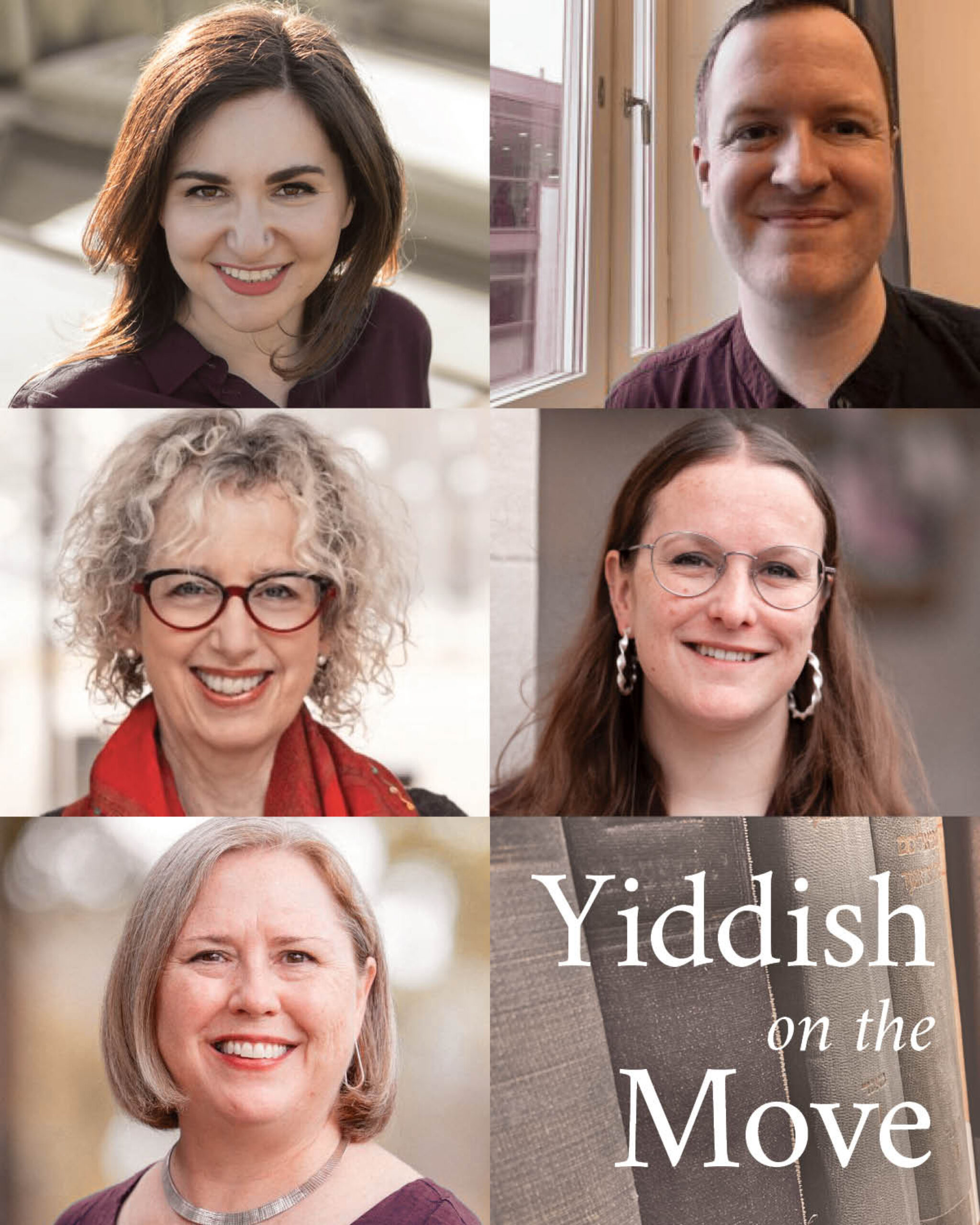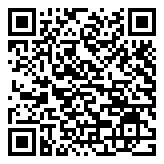
Yiddish on the Move: Yiddish Writing and Publishing after the Holocaust
Co-sponsored by the UK Arts and Humanities Research Council
In Person:
Admission: Free
Registration is required.
Zoom Livestream:
Admission: Free
Registration is required.
Join YIVO for a panel discussion featuring Rachelle Grossman, Matt Johnson, Harriet Murav, and Christin Zühlke, moderated by Erin McGlothlin, as they delve into the elaborate dynamics of Yiddish writing and publishing across transnational literary networks after the Holocaust. They will also discuss the intertwined topics of audience, translations, self-translations, and the profound impact of Holocaust memory and testimony.
This discussion grows out of a working group that is developing The Cambridge History of Holocaust Literature.
This program is supported, in part, by public funds from the New York City Department of Cultural Affairs, in partnership with the City Council.
About the Speakers
Rachelle Grossman is Assistant Professor in the Department of Comparative & World Literature at the University of Illinois, Urbana-Champaign. She is a scholar of Yiddish Studies specializing in print and material culture. In her research, she develops a geopolitical approach to literature, focusing especially on the transformation of literary centers and peripheries in the postwar period. She received her Ph.D. in Comparative Literature from Harvard University.
Matt Johnson is Associate Senior Lecturer in Yiddish at Lund University in Sweden. In 2022, he received his Ph.D. from the University of Chicago and subsequently taught at the Ohio State University. His research is broadly comparative, with a focus on Yiddish, German, and English-language literature and cultural history from the 18th century to the present. At Lund, his teaching focuses on the history of Yiddish literature and culture, as well as on topics with a comparative or theoretical focus.
Harriet Murav is Professor of Slavic Languages and Literatures and Comparative and World Literatures at the University of Illinois Urbana-Champaign. She currently serves as editor of Slavic Review. She is the author of Music from a Speeding Train: Jewish Literature in Post-Revolution Russia and David Bergelson’s Strange New World: Untimeliness and Futurity. With Gennady Estraikh, she co-edited Soviet Jews in World War II: Fighting, Witnessing, Remembering.
Christin Zühlke is a Postdoctoral Research Fellow in Holocaust Literature at Washington University in St. Louis. Her research focuses on Jewish experiences and responses to the Holocaust, with a specific emphasis on gender (masculinities) and religious aspects. She also examines Holocaust memory and representation. She co-edits the Cambridge History of Holocaust Literature, New Approaches to Teaching Holocaust Literature, the Elie Wiesel Research Series, and the 24-volume edition of Elie Wiesel Werke (Works of Elie Wiesel).
Erin McGlothlin is Professor of German and Jewish Studies at Washington University in St. Louis. Her research interests include fictional and non-fictional works of Holocaust literature and film, as well as such topics as the generational discourse on the Holocaust, the narrative structure of Holocaust literature and film, perpetrator representation and perpetrator trauma, and ethical questions related to Holocaust representation. She is the author of Second-Generation Holocaust Literature: Legacies of Survival and Perpetration (2006) and The Mind of the Holocaust Perpetrator in Fiction and Nonfiction (2021).



Leave a Reply